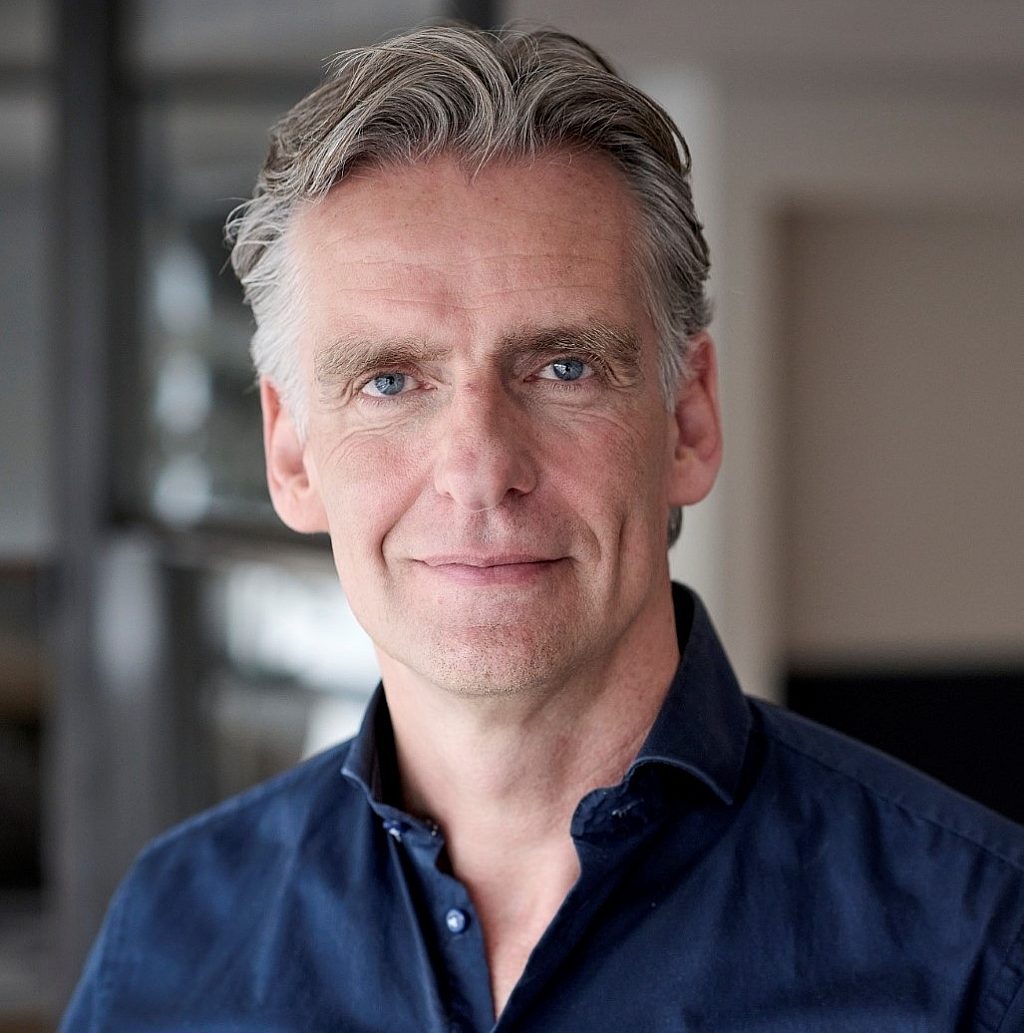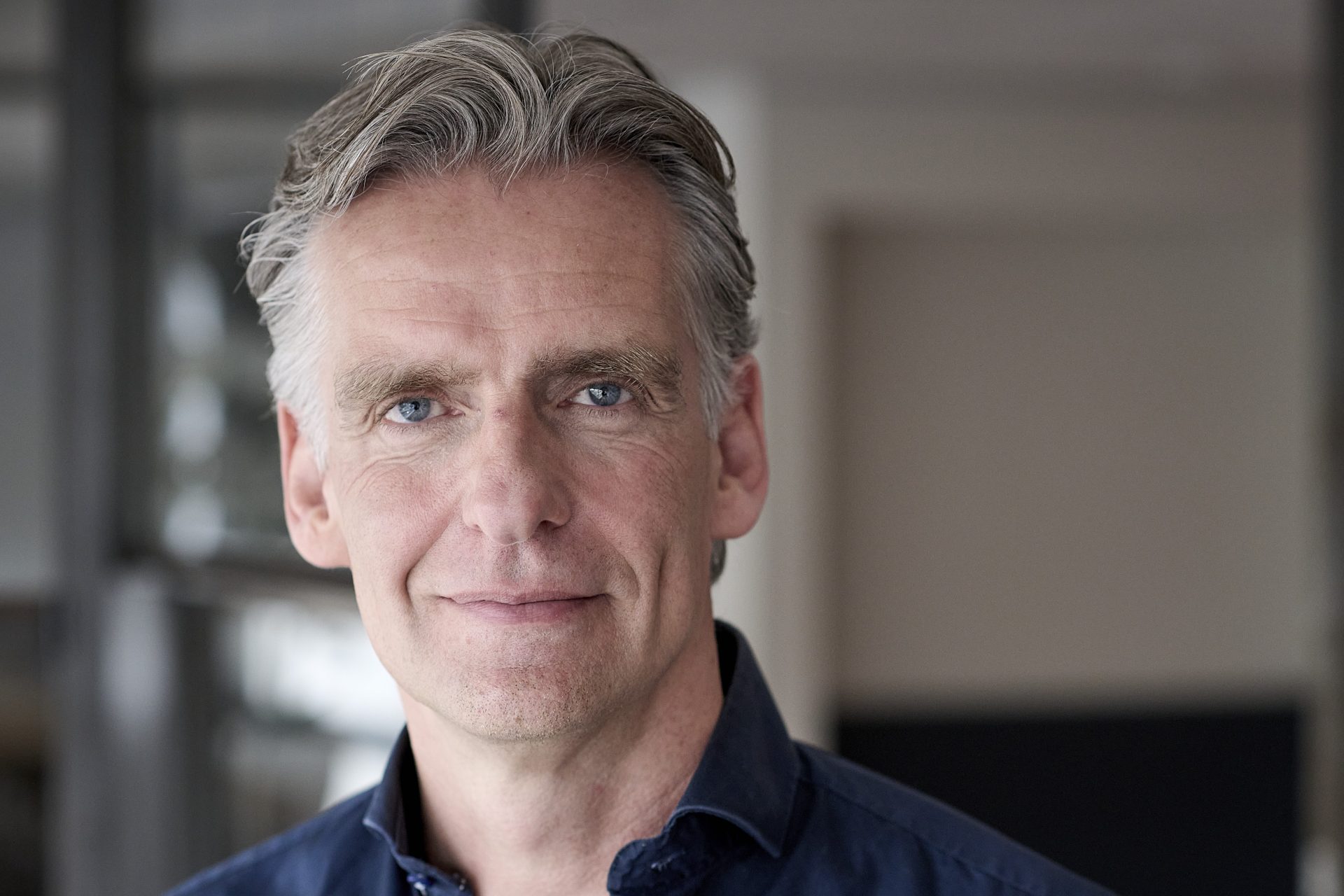Experienced talent has always been a rare find, though the digital revolution is intensifying the scarcity. In fact, the quest for tech talent has grown exponentially because the need for digital products and data-driven services has grown exponentially. Any faltering of digital technology can now bring society to a halt. Hence, the booming demand for mission-critical IT and all the engineers, data scientists, and business analysts who enable it.
Meanwhile, we’re also witnessing how many talented workers are stuck in a corporate framework that doesn’t do justice to their talents and forces them to grin and bear their way through rules and conventions. These individuals have creativity and problem-solving skills that get stifled in siloed organizations. In these situations, experts are unable to make decisions, especially when such decisions benefit from interdisciplinary expertise and interdepartmental cooperation. For example, an enterprise architect might have the right solution in mind, but no seat at the table to convey the idea to stakeholders, much less execute it. Instead, that architect would have to tell a domain architect to tell a solution architect to tell the lead engineer to tell the developers exactly what to do. By the time the developers start tapping on their keyboards, time, hourly wages, and a lot of information have been lost along the way, while the enterprise architect must turn attention elsewhere. In other words, these talented individuals don’t feel they can make a difference at work or, ultimately, make a real impact on society.
But what if things could be done differently?
Uniting and empowering experts
From day one, our company chose to define only one KPI: 100% customer satisfaction. We did this by organizing ourselves into multidisciplinary dedicated customer teams, teams whose whole is greater than the sum of its parts – that is, whose expertise as a group exceeds the tallied knowledge of its individual experts. This arrangement has always been logical because working in a close-knit unit permits us to provide the best service we can to customers and deliver on our only KPI. As we regularly state, we put experts in the lead. Because why would you call in an expert at the last minute, only after exhausting all your other resources (human, financial, or otherwise)? Why not have an expert on the job the moment a solution buds from an idea into a project rather than waiting until it has turned into a problem?
Since we work closely with our customers, our teams comprise both our own experts and their experts working side by side. So, while we have a spectrum of specialists, our customers have their own smart, skilled workers who know their companies and industries more intimately than we do. Moreover, all the experts learn to cross over into each other’s technical domains, absorb and disperse knowledge, and release new insights into the feedback loop. The impact then becomes richer, more multidimensional, and ultimately closer to that 100%. By implication, we share both the freedom of decision-making and the responsibility of our choices. This model has proven to be a successful response to complex customer situations that demand speed, stability, and change.





